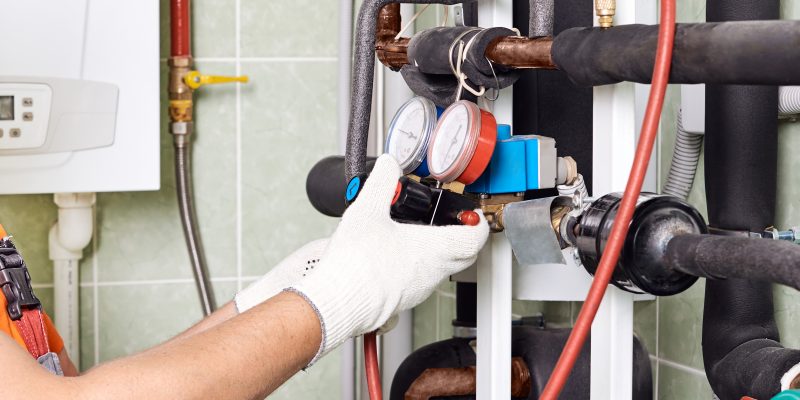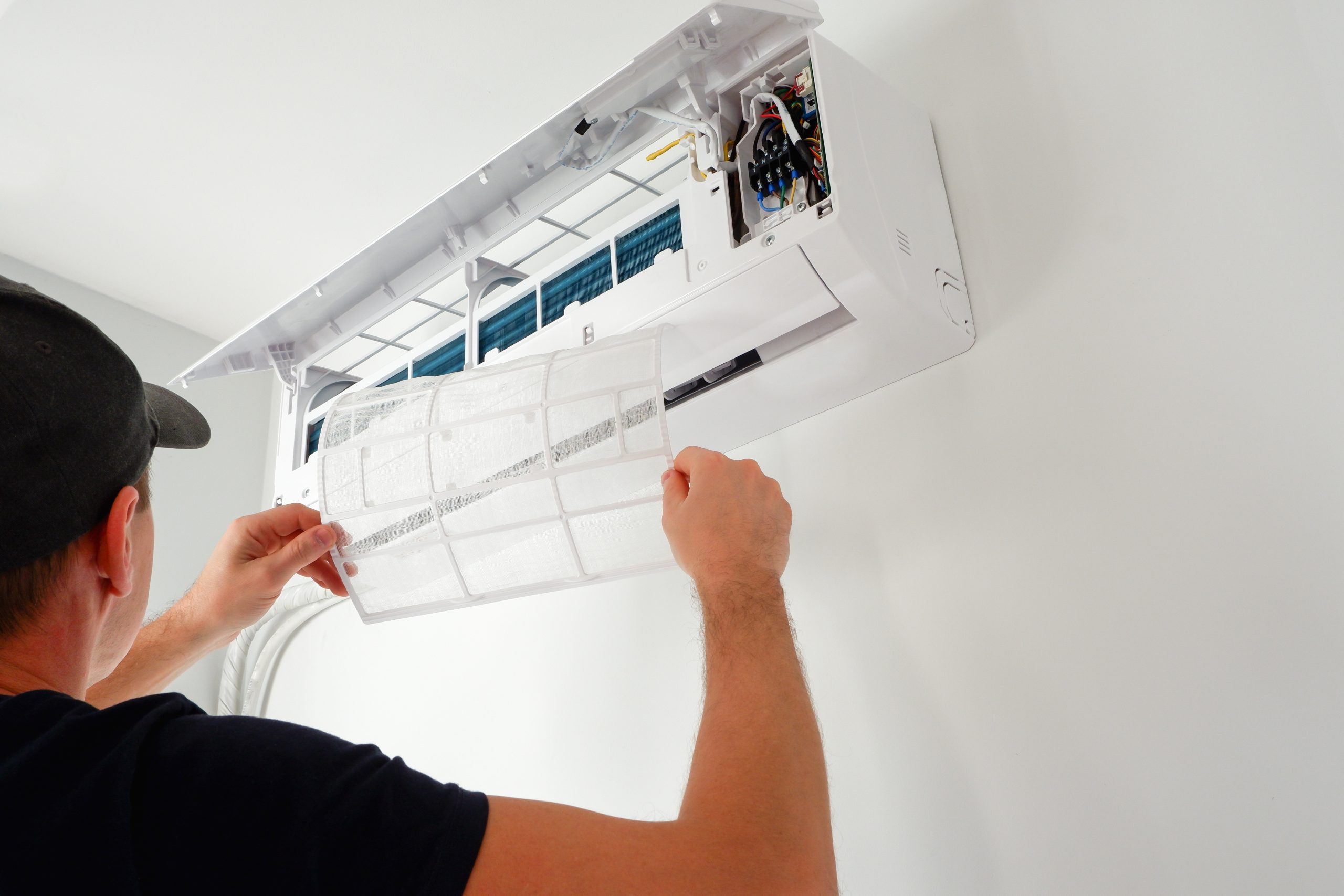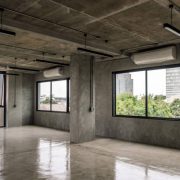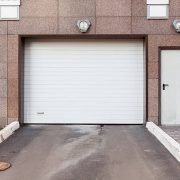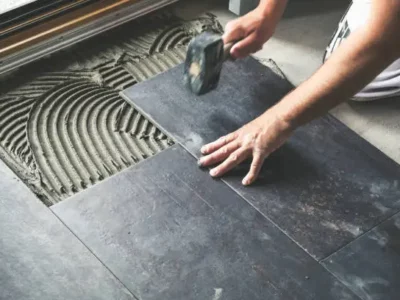Heating, ventilation, and air conditioning (HVAC) are critical in residential and commercial establishments. Your family’s comfort is at stake if any of your heating and cooling units fail. So, it’s vital to undergo a routine HVAC inspection.
Homeowners need to hire HVAC experts to perform this task. Because heating and cooling units can malfunction due to dirty filters and mechanical wear and tear, it’s a must to have an HVAC inspection at least once a year.
In this article, you’ll learn what to expect from a routine HVAC inspection to prepare you for the next schedule.
Prepare To Answer Questions
A routine HVAC inspection is a collaborative effort. While you plan to hire the best HVAC company in your area, expect a certified professional to ask some questions. So, before the HVAC expert arrives, you can write down the warning signs or your observations on a piece of paper.
For instance, describe and note any awkward odor such as a musty smell or burnt wire odor that may indicate an electrical system issue. Also include strange noises coming from your heating and cooling units. Ask your family members if they also noticed some problems with your HVAC system.
Air Conditioning Inspection And Maintenance
Professionals conduct routine inspection and AC maintenance for homes to ensure cooling units keep families comfortable during summer.
Here are the things you can expect from a routine AC inspection and maintenance:
- Check For AC Integrity
HVAC experts check the integrity of the fans, filters, motors, compressors, capacitors, and safety controls of air conditioners. These components might already have accumulated dirt and rust that require cleaning and lubrication.
Indoor and outdoor coils can also have grime and dirt buildup, affecting your AC’s overall functioning. During AC integrity inspection, the most common recommendations include coil cleaning, air filter replacement, and thermostat calibration.
- Check For Refrigerant Level
Your air conditioning unit won’t cool your room properly if the refrigerant levels are low. So, it’s important to hire an HVAC professional to conduct a routine inspection such as checking your AC’s refrigerant level and refilling it as necessary.
- Thermostat Calibration
This test is done once a year in the fall. It determines whether your thermostat reads the correct temperature to maintain system performance. A failing thermostat can send false signals to your HVAC, keeping it running even if it’s not necessary, which causes high electricity bills. So, hiring an HVAC professional to inspect and calibrate your thermostat can help save energy and money.
Heating Inspection And Maintenance
HVAC professionals perform static pressure testing, gas pressure measurements, and carbon monoxide testing. Subsequently, they clean blowers and burners to ensure optimal heating operations.
Here are the things you can expect from heating inspection and maintenance:
- Mechanical Inspection
If your furnace has a problematic blower motor, your HVAC system can fail. Hence, an electrical and mechanical inspection of motors and fans must be performed yearly. Furthermore, certified professionals ensure that heat exchangers are clean and meet standards to prevent leakage of carbon monoxide inside the home.
- Static Pressure Testing
Static pressure or airflow resistance is a critical aspect of HVAC maintenance. The HVAC professional uses a manometer with a pressure probe to measure static pressure.
There’s a problem in your HVAC system if the static pressure is high. It causes airflow reduction and poor indoor air quality. On the other hand, very low static pressure leads to high utility bills because your HVAC system needs to work double-time.
- Gas Pressure Measurements
Certified professionals use a manometer to measure a sample gas pressure. For instance, the natural gas inspector uses this handheld device and enters all rooms to check gas levels and possible leaks.
- Carbon Monoxide Testing
Carbon monoxide, a colorless, poisonous gas, can come from heaters, fireplaces, dryers, and other heating equipment. If you experience chest pains, breathlessness, headaches, and nausea, suspect a carbon monoxide leak. HVAC experts use a carbon monoxide detector to check if a home has significant levels of carbon monoxide.
Safety Inspection
The HVAC technician will evaluate all the unit’s safety features. For instance, the certified professional will assess whether your heater has an automatic shutdown feature if it gets too hot. This safety feature is critical to preventing fire. The technician will likely suggest a new replacement if you’re using an outdated AC or heater.
Don’t compromise your family’s safety. Take the HVAC technician’s advice seriously. Upgrade your outdated AC and heater to the latest models, equipped with multiple safety features.
Electrical Connection Inspection
Many of the parts of heating and cooling units are electrical components. In HVAC systems, electrical components are called relays that you can switch open or close. But handling relays can be dangerous if you don’t have an electrical background. Hence, professional electrical connection inspection is a must.
Electrical HVAC inspection is important to avoid fire and electrical incidents. Electrical components such as switchboards and relays may short-circuit due to wear and tear and lack of maintenance. Because loose electrical connections cause overheating, equipment failure, and fire, it’s crucial to inspect all electrical components at least once a year.
HVAC professionals are highly knowledgeable about how electrical systems work for heating and cooling units. During electrical connection inspection, the professional tightens, tests, and replaces electrical components.
Obtain A Detailed HVAC Inspection Report
The HVAC professional will provide you with a copy of the HVAC inspection report. This report contains all the issues found during the inspection. Moreover, it includes recommendations to make your HVAC system efficient and the estimated cost for repair and replacement necessary.
Your home’s HVAC inspection report must cover essential aspects of your heating and cooling system. These aspects include the motors, controls, coil temperature, and worn-out components. Homeowners must take recommendations seriously to avoid costly repairs in the future.
Conclusion
A routine HVAC inspection involves checking your heating and cooling systems to see if they’re functioning properly or not. It’s crucial to contact an experienced HVAC company to inspect your systems and offer recommendations to avoid health and safety risks. Because HVAC problems can compromise health, safety, and comfort, homeowners shouldn’t ignore this step.


